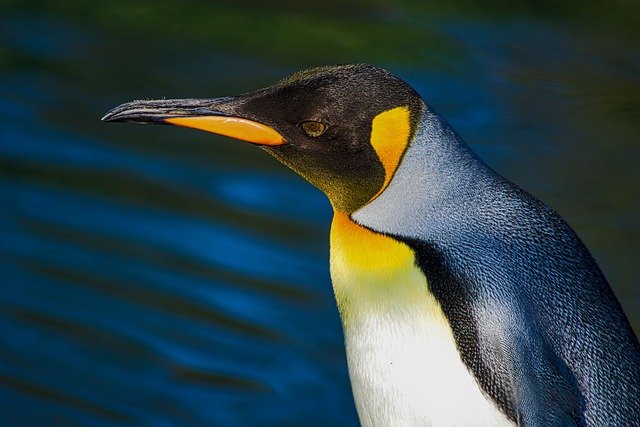"The Fascinating Lives of Penguins: Insights from Animal Research"

The Fascinating Lives of Penguins: Insights from Animal Research

Penguins are undoubtedly one of the most captivating creatures on our planet. With their unique appearance and remarkable behaviors, they have intrigued scientists and animal enthusiasts for centuries. Thanks to animal research, we have gained valuable insights into the lives of these incredible birds. Let's explore some of the fascinating discoveries made through scientific studies.
Adaptations for Survival
Penguins have evolved a range of adaptations that enable them to thrive in some of the harshest environments on Earth. Through animal research, we have learned that their sleek, waterproof feathers provide excellent insulation and streamline their movements through water, allowing them to swim swiftly and efficiently. Additionally, their specialized counter-current heat exchange system helps them retain body heat in cold climates.
Social Dynamics and Communication
Observations from animal research have shed light on the complex social dynamics of penguins. These birds form strong social bonds and engage in various forms of communication to interact with one another. Studies have revealed that penguins use a combination of vocalizations, body postures, and displays to express their intentions and establish dominance within their colonies.
Breeding and Parenting Behaviors
The breeding and parenting behaviors of penguins have also been extensively studied. Researchers have discovered that penguins exhibit remarkable fidelity to their partners and nesting sites, often returning to the same location year after year. They engage in elaborate courtship rituals and take turns incubating their eggs and caring for their chicks. Animal research has provided valuable insights into the unique strategies penguins employ to ensure the survival of their offspring.
Foraging and Feeding Strategies
Understanding how penguins find food in their marine habitats has been a subject of great interest in animal research. Studies have revealed that different penguin species employ various foraging strategies, including diving to great depths, using their keen eyesight to spot prey, and relying on their exceptional swimming abilities to catch fish. By tracking their movements and analyzing their feeding habits, scientists have gained insights into the delicate balance between penguin populations and their food sources.
Conservation Implications
Animal research plays a crucial role in informing conservation efforts aimed at protecting penguin populations and their habitats. By studying their behavior, migration patterns, and responses to environmental changes, researchers can identify threats and develop effective conservation strategies. This knowledge is vital for ensuring the long-term survival of these charismatic birds in the face of climate change and human activities.
In conclusion, animal research has provided us with a deeper understanding of the fascinating lives of penguins. From their remarkable adaptations to their complex social behaviors, these studies have unveiled the secrets of these incredible creatures. By continuing to support responsible and ethical animal research, we can contribute to the conservation of penguins and other species, ensuring a future where these magnificent animals continue to thrive.
